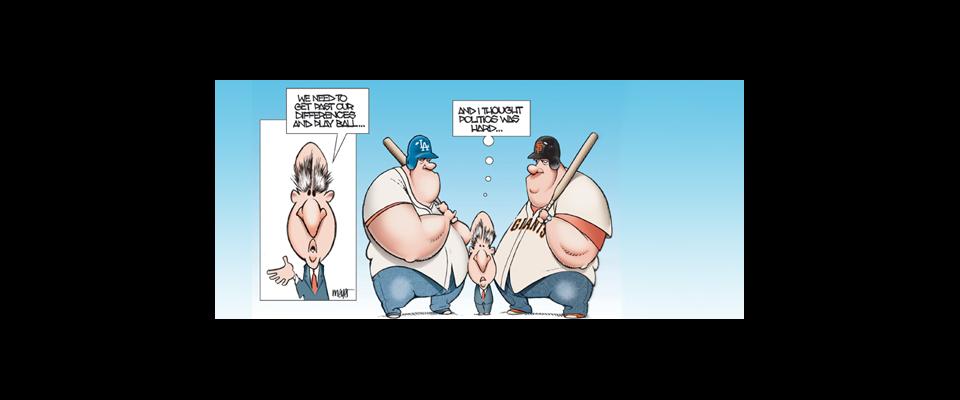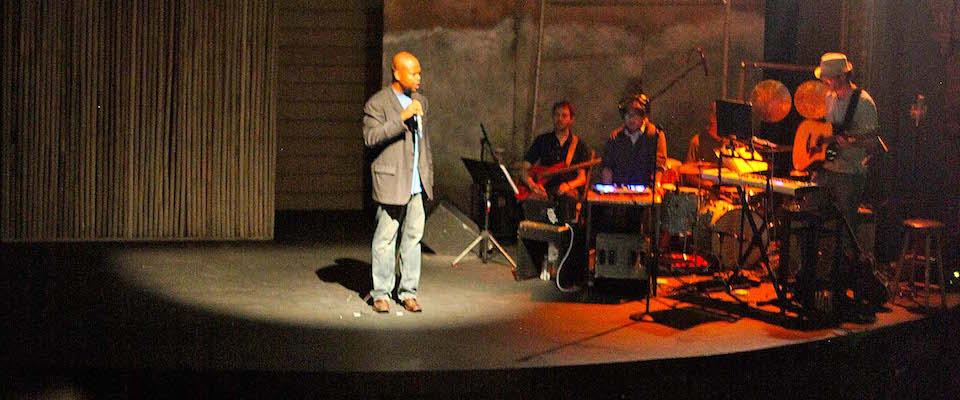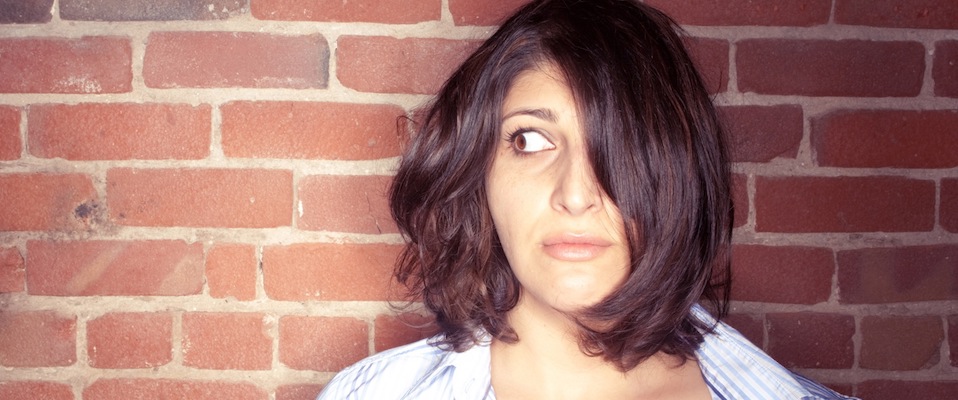Daniel Gallant was an arrant racist—a violent and unstable man who took great pleasure in hurting his fellow human beings. At one point, he made a promise to himself that he would assault at least one person from an “inferior” race daily. It was a vow that he was assiduous in keeping.
Although Gallant was a terrible person, he was not beyond redemption. Self-redemption, at least. At a low point in his life, at a moment when he wavered between suicide and change, he chose change. He rejected the man he was and became something else: a law student, a founder of an institute opposing violence, a better man. You can hear the story in his own words on Reckonings, a compelling podcast created by Cal alumna Stephanie Lepp.
Reckonings consists of interviews between Lepp and people who want to make amends for past misdeeds and mistakes, real or perceived. Along with Gallant’s story, there’s an interview with Brock McIntosh, a former National Guardsman who became a conscientious objector; Preston Shipp, an erstwhile prosecutor who regrets his earlier throw-’em-behind-bars-and-toss-away-the-key zeal; Paige Sargent, a singer and songwriter whose life was derailed by drugs and alcohol; and Glen Loury, an economist whose professional accomplishments masked a dissolute, amoral and destructive personal life.
While the thrust of her project is largely expiatory, Lepp isn’t offering absolution.
“No one is being forgiven on my part, and I don’t want this to be a soapbox for perpetrators to explain why they did what they did,” she says.
Rather, she says, she wants to explore that nexus where “hearts and minds are fundamentally changed,” where people evolve through rigorous and merciless self-examination rather than forgiveness. And during her interviews, her questions work toward such personal epiphany, toward that particular moment when someone realizes: I’m completely wrong, and I have to do something about it.
“I asked Daniel Gallant what was the turning point for him,” says Lepp by way of illustration. “His interview is very hard to listen to. He describes beating people mercilessly, into unconsciousness, just so he can revive them and beat them again. He said he was sitting on a bench on a bridge overlooking a railroad track, trying to decide whether to shoot himself. And at that moment, he decided instead to change his life, to become a different person. He threw his guns and intoxicants off the bridge, and after that, he wasn’t the same man. I find those kinds of insights very powerful—people forcing change for the better from within.”
Lepp, who earned her Berkeley degree in environmental sciences, policy and management in 2008, works as a corporate consultant in her field, but audio and narrative have always been her passions. As an undergrad, she pitched a show to KALX radio; somewhat to her surprise, the station gave it the green light.
“It was called The Graduates,” she says. “It was basically Fresh Air meets graduate students. Not that I’m Terry Gross. But it occurred to me that people in graduate studies should have more recognition than they’re getting. Here they are at a top university, they’re completely wrapped up in esoteric studies, but they often feel isolated. It’s unusual for them to get any recognition, even from academic peers. They spend years on their dissertations, but those are unlikely to get much notice when they’re published. So I wanted to give them a forum, and the response was tremendous. Many of them found it therapeutic to come on the show.”
Lepp was gratified when she recently discovered that The Graduates has outlived her tenure at KALX, a station supported by UC Berkeley and its listeners. “They’ve handed the show off to someone else [Tesla Monson],” she says. “I was pleased that it struck a chord in the university community. It seems to be fulfilling a need.”
Lepp has no formalized process for finding potential Reckonings interviewees. She scans multiple news sites daily and networks with friends, acquaintances and organizations, constantly seeking people with good stories. One thing often leads to another.
“I found Daniel [Gallant] when I was reading an article on a Canadian website about mothers whose children leave their home countries to join Isis,” she says. “Daniel was featured on the same site.”
Lepp still views Reckonings as a work in progress, and she doesn’t really see the site as a journalistic exercise, though it most certainly shows at least as much as it tells.
“I’m learning as I go,” Lepp says, “but I’m not trying to be a news source. I’m not trying to lay out timelines for things that happened. It’s more that I’m trying to build a compelling and public audio experience around personal insights that lead to transformation. I think the answers to any major problem—global warming, inequality, war—ultimately come from individual people who are able to change their perspectives.”





















